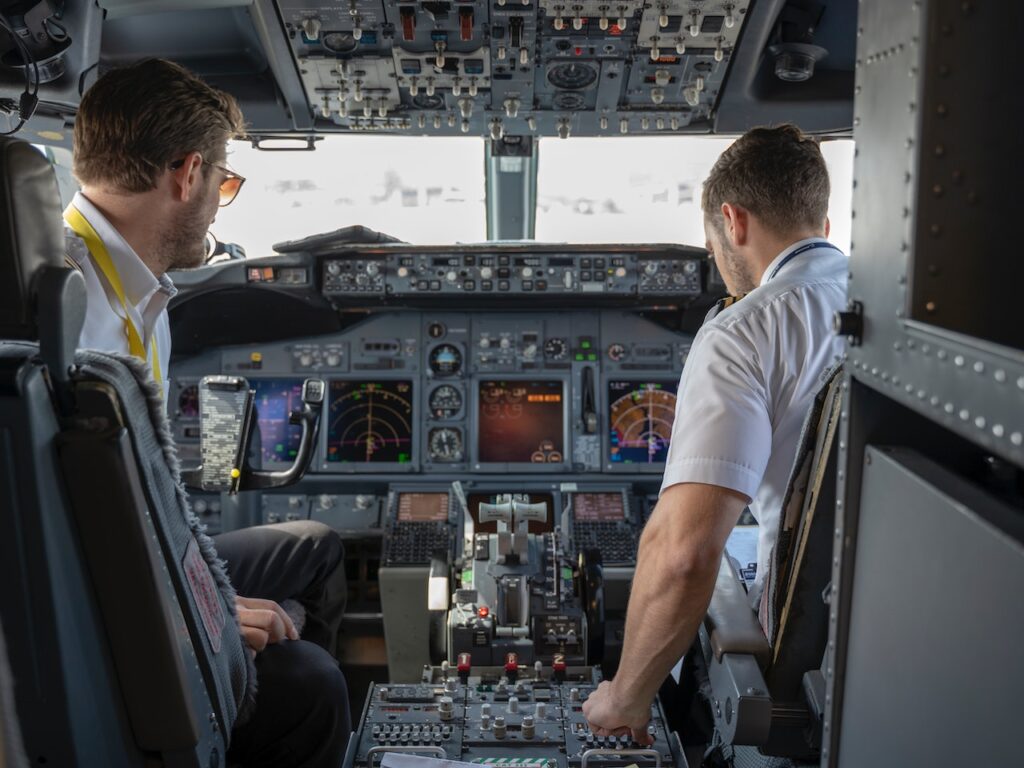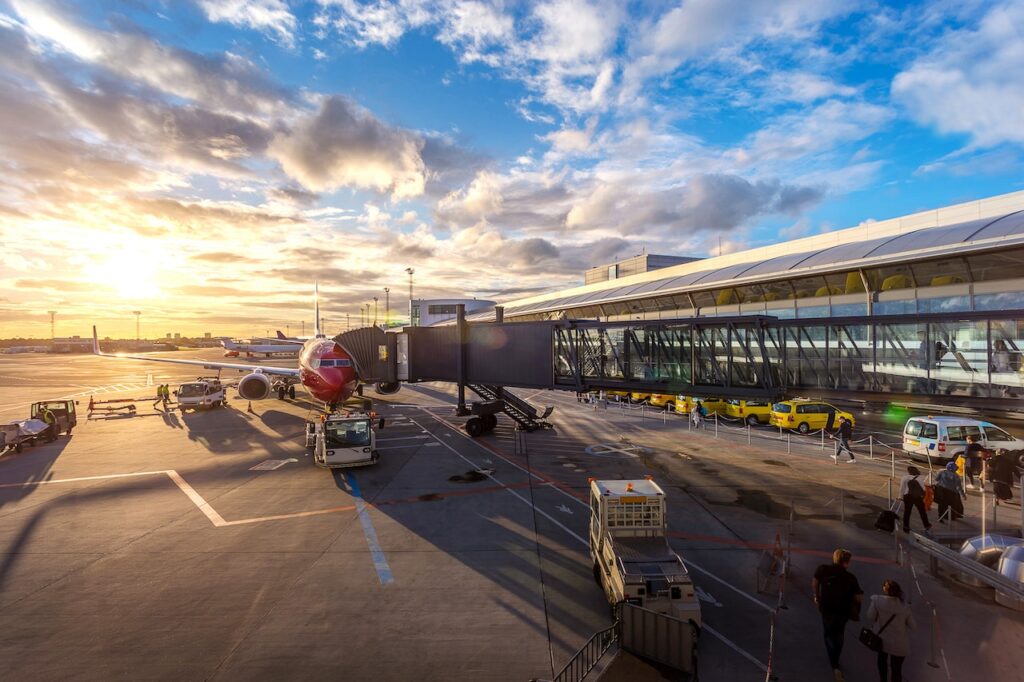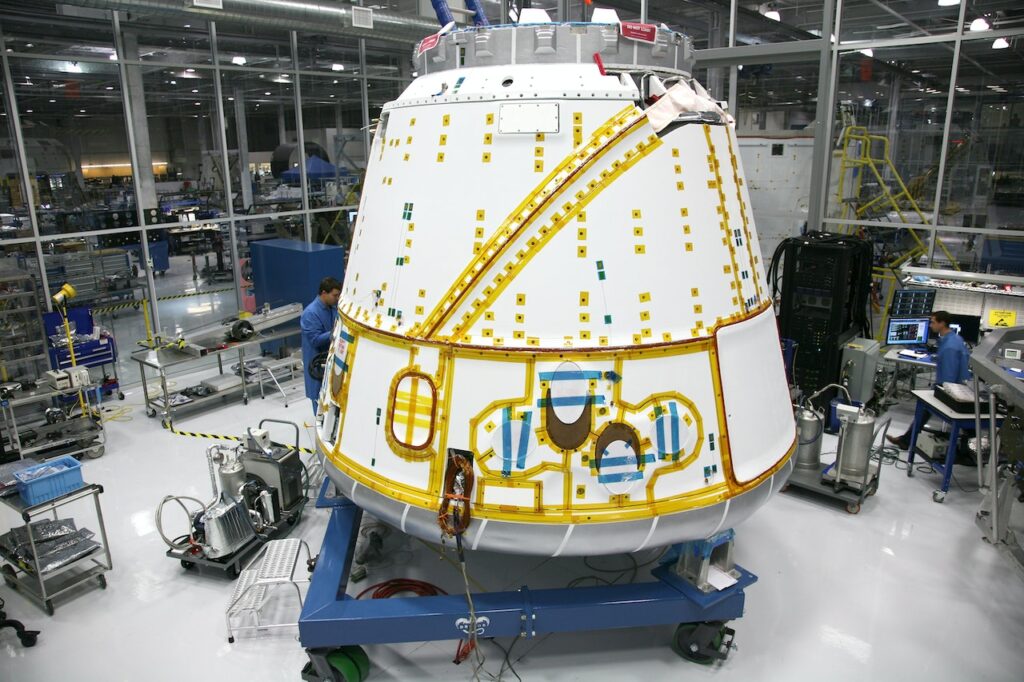The aviation industry, a realm where technology, adventure, and professionalism converge, offers an array of exciting careers. With the continual advancement of aircraft technology and the ever-increasing demand for air travel, a broad spectrum of roles cater to various interests and skills.
Whether you are drawn to the thrill of flying, the strategy of air traffic control, or the ingenuity of engineering, there is a place for you in this dynamic field. In this article, we’ll explore three promising career opportunities in aviation – Pilot and Flight Engineer, Air Traffic Controller, and Aerospace Engineer.
So fasten your seatbelts as we prepare for an insightful journey into the captivating world of aviation careers!
Pilots and Flight Engineers
The most recognizable careers in aviation are undoubtedly those of pilots and flight engineers. They’re the ones who steer the plane safely from point A to point B, ensuring passengers and cargo arrive on time.
Pilots are responsible for the safe and efficient operation of aircraft. They navigate airplanes, helicopters, and other aircraft, ensuring passengers and cargo reach their destinations safely.
A pilot’s job extends beyond just flying; they also perform checks before and after flights, communicate with air traffic control, and make critical decisions during flight.
There are several types of pilots, including airline pilots, commercial pilots, and military pilots, each with its unique responsibilities and training requirements.
On the other hand, flight engineers play a critical role in maintaining and operating the aircraft’s systems during flight. They are typically found on older, larger planes where a three-person crew is necessary. The flight engineer monitors and operates engines, fuel consumption, and other systems during the flight.
They also assist in navigation and communication duties and work closely with the pilots to ensure a safe and smooth flight.
Both these roles require extensive training, certification, and continuous learning, given the rapid advancement in aviation technology.
However, the rewards are equally significant. Being a pilot or a flight engineer provides an opportunity to travel the world and offers a fulfilling and challenging career in an ever-evolving industry.

Air Traffic Controllers
Air Traffic Controllers form the nerve center of the aviation industry. Their primary role is to ensure aircraft’s safe and efficient movement in and out of airports and through the vast airspace. Their work is essential in maintaining the smooth flow of air traffic and averting mid-air collisions.
Air Traffic Controllers guide pilots from the moment an aircraft taxis out of the gate until it lands at its destination. They provide valuable information, including weather updates, runway statuses, and potential hazards along the flight path. This role requires excellent communication skills, high-stress tolerance, and quick decision-making abilities.
It also demands an intricate understanding of the laws and regulations governing flight operations.
Getting into this field requires rigorous training, usually provided by an FAA-approved institution in the United States. The job can be intense, with controllers often operating in shifts round the clock.
However, it is equally rewarding in terms of job satisfaction and compensation, with controllers playing a crucial role in the safe transportation of millions of passengers annually.
The role of an Air Traffic Controller is ideal for those who enjoy problem-solving, can handle high-pressure situations, and have a keen interest in aviation. It offers the chance to contribute significantly to the aviation industry’s safety and efficiency without leaving solid ground.

Aerospace Engineers
Aerospace engineers are the creative masterminds behind the design and development of aircraft and spacecraft. Their work combines principles of physics, mathematics, and materials science to design efficient, reliable, and innovative flying machines. They work on the cutting edge of technology, developing everything from fuel-efficient jet engines to next-generation unmanned drones and spacecraft.
The role of an aerospace engineer typically involves conceptualizing and designing aircraft, testing prototypes, and overseeing the manufacturing process. They often specialize in areas such as aerodynamics, propulsion systems, avionics, or materials science.
Additionally, aerospace engineers can play a vital role in investigating and analyzing air accidents, contributing to improved flight safety and reliability.
To pursue a career in aerospace engineering, you typically need a degree in aerospace engineering or a related field. The job requires strong analytical skills, a knack for problem-solving, and a solid understanding of engineering principles. It’s an exciting field for those who are intrigued by the science of flight and the prospect of pushing the boundaries of what is possible in air and space travel.
While the role can be demanding, the reward comes in the form of contributing to groundbreaking advancements in aviation and space exploration. From designing aircraft that reduce carbon emissions to creating spacecraft that could carry humans to Mars, aerospace engineers have the potential to shape the future of how we travel and explore the universe.

Final Thoughts
As we wrap up this exploration of aviation careers, it becomes evident that the industry holds a wealth of opportunities, each offering its unique blend of excitement, challenge, and reward.
Whether you see yourself in the cockpit as a pilot, masterfully managing air traffic, or pushing the boundaries of aeronautical design as an aerospace engineer, each role plays a crucial part in the vast ecosystem of aviation.
Remember, these are but three of the many career paths within the aviation industry. Numerous other roles exist in fields like aircraft maintenance, aviation management, and flight instruction, each essential in keeping the world connected and advancing our understanding of flight.
Choosing a career in aviation means joining a community dedicated to safety, innovation, and the shared thrill of flight. Regardless of the path you choose, each role in this sector offers the opportunity to contribute to a field that never ceases to inspire wonder and awe.
The sky truly is the limit when it comes to a career in aviation. It’s a field that promises constant growth and innovation, and for the passionate, it offers a world of possibilities.
So, whether you’re just starting your career journey or considering a career switch, why not let your aspirations take flight in the exciting world of aviation?
